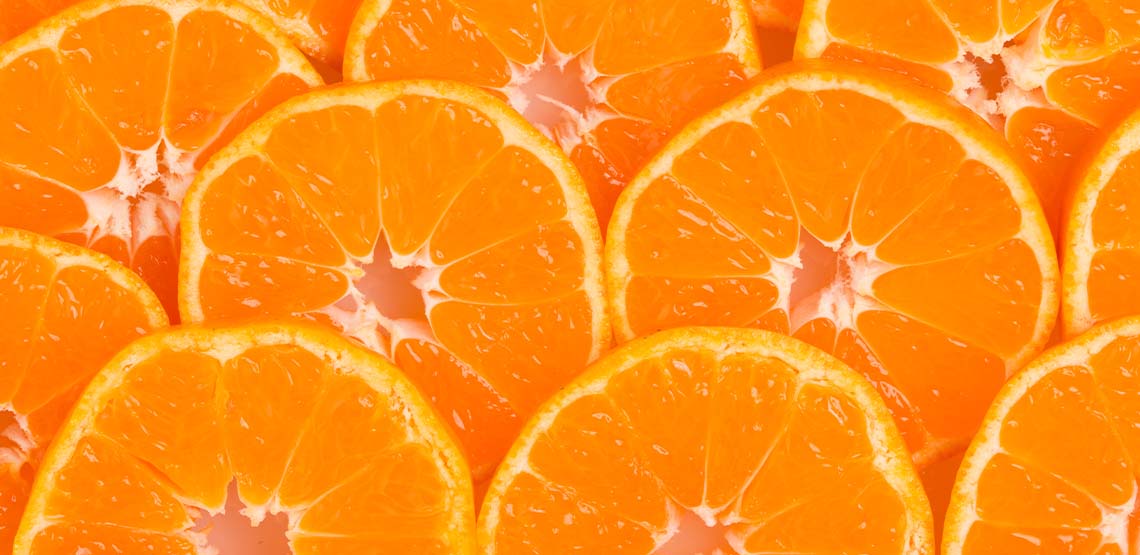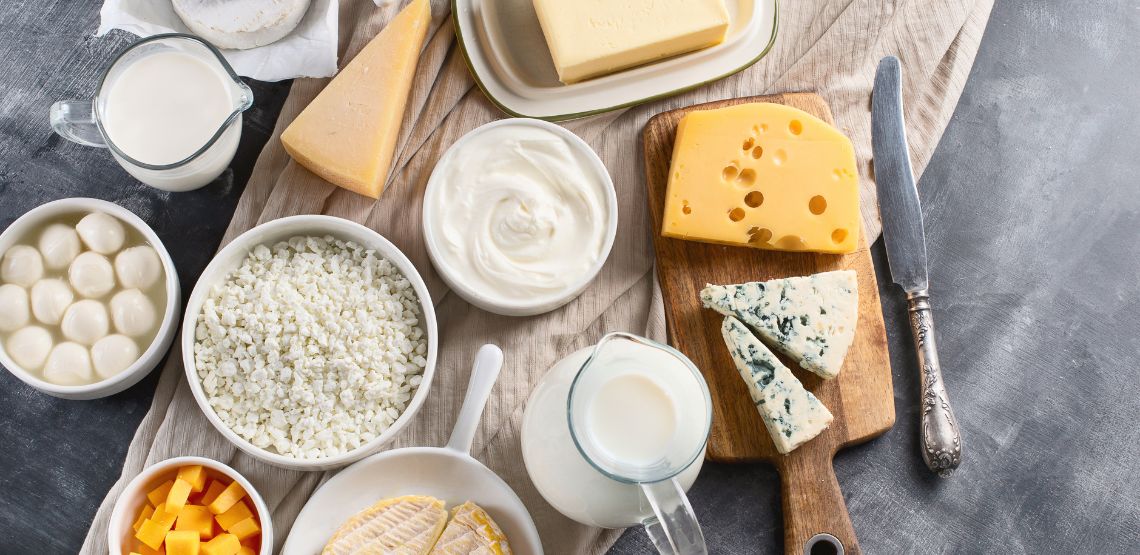Improve Your Vision With a Healthy Diet
From glasses to contact lenses, about 61% of people in the U.S. require vision correction of some kind. In this article we're reviewing the best and worst foods and drinks for your eyes, so you'll know what to include in your diet, and what to avoid.
5 of the Best Foods for Eyesight
When it comes to your eyesight, there are a few key nutrients and compounds you want to ensure you consume regularly. These include:
- Beta carotene.
- Vitamin A.
- Vitamin C.
- Vitamin E.
- Omega-3s.
- Lutein.
- Zeaxanthin.
So, what foods can you obtain these nutrients from? Keep reading to find out!
1. Salmon
Salmon and other fatty fish are high in omega-3 fatty acids, which play an important part in the visual development and maintenance of the retina. These are also ultra-important when it comes to preventing dry eyes! Ideally, you want to consume fatty fish at least one to two times a week.
2. Eggs
The debate about whether or not eggs are good for your health continues. However, most health experts today agree that the benefits of eating eggs far outweigh the negatives. In fact, this food is jam-packed with various essential nutrients, including Vitamin A, lutein, zinc and zeaxanthin — all of which are vital for optimal eye health. Consuming adequate lutein can significantly lower your risk of developing macular degeneration and cataracts later in life.
Related Search Topics (Ads)
3. Milk
Dairy products get a bad rap! Yet, milk is full of nutrients, including ones that contribute to better eyesight, such as Vitamin A and zinc. Vitamin A is crucial for maintaining cornea health, and zinc is found in the tissue within the eye, such as the retina and choroid. However, it is important to try to grab high-quality milk or dairy products from grass-fed cows. These dairy products tend to be the least processed, offering additional health benefits.
4. Oranges
Vitamin C helps maintain the blood vessels in your eyes. It is even thought to help prevent cataracts and age-related macular degeneration. As you might already know, oranges are loaded with vitamin C. You can enjoy an orange all on its own or grab a glass of orange juice with your breakfast to ensure you consume enough of this much-needed vitamin.
5. Carrots
Carrots make for an easy go-to snack. This veggie contains vitamin A and beta carotene (which can be transformed into vitamin A by the liver). Vitamin A helps prevent eye infections and maintains the surface area of the eye.
5 of the Worst Foods for Eyesight
The above list offers foods you should definitely add to your diet (if you don’t eat them already). But what about the worst foods for your eyesight? What should you potentially avoid?
1. Bread and Pasta
We all love bread and pasta, but it might be wise to keep this food to a minimum or for special occasions only. Experts claim that simple carbs, such as bread and pasta, can increase your risk of age-related macular degeneration. This happens because your body tends to digest these types of carbs quickly, leading to blood sugar dysregulation and other issues.
2. Processed Meats
The average American diet already contains too much sodium, and processed meats are a major culprit of this. Too much sodium can cause high blood pressure, leading to hypertensive retinopathy (blood vessel damage in the eyes), choroidopathy (fluid build-up under the retina) and neuropathy (nerve cell death, causing vision loss).
3. Deep Fried Foods
Fried foods are food you want to only enjoy on occasion. These types of foods produce compounds in the body known as free radicals. Free radicals cause damage and harm to your tissues, organs and cells. In fact, too many free radicals (without proper antioxidant intake to counterbalance them) can lead to vision problems and vision loss.
4. Margarine
Margarine is usually high in trans fats. This can increase cholesterol levels and increase your chances of having eye and vision problems. Opt for butter or ghee instead, and only use what you need without overdoing it!
5. High-sodium Foods
Consuming excessive amounts of salt can lead to fluid retention and increased blood pressure, which can negatively impact eye health. It may contribute to the development or progression of conditions like glaucoma.
5 Worst Drinks for Your Eyesight
- Excessive alcohol: Heavy alcohol consumption can lead to nutritional deficiencies and cause damage to the optic nerve, potentially affecting vision.
- Sugary drinks: Beverages high in sugar, such as sodas and sweetened fruit juices, can contribute to the development of diabetes, which increases the risk of diabetic retinopathy, a condition that affects the blood vessels in the eyes.
- Excessive caffeine: While moderate caffeine consumption is generally not harmful, excessive caffeine intake can cause eye twitching or spasms, which can be uncomfortable.
- Energy drinks: Energy drinks often contain high levels of caffeine and sugar. The combination of these ingredients may lead to dehydration, which can affect eye health.
- Carbonated drinks: Carbonated beverages, particularly those containing caffeine, can dehydrate the body. Proper hydration is important for maintaining optimal eye health.
5 of the Best Drinks for Eyesight
- Green tea: Green tea contains antioxidants called catechins, which have been linked to a reduced risk of developing age-related macular degeneration (AMD) and cataracts.
- Carrot juice: Carrots are rich in beta-carotene, a precursor to vitamin A, which is essential for good vision. Drinking carrot juice can provide a concentrated dose of this nutrient.
- Orange juice: Oranges and orange juice are high in vitamin C, which is an antioxidant that may help protect the eyes against oxidative stress.
- Spinach or kale smoothies: These leafy greens are excellent sources of lutein and zeaxanthin, two antioxidants that are beneficial for eye health. Blending them into a smoothie can be a convenient way to consume these nutrients.
- Blueberry smoothies: Blueberries are rich in antioxidants called anthocyanins, which have been associated with improved night vision and overall eye health.
Eating Your Way Towards Good Eye Health
Various Americans are diagnosed with eye conditions and diseases, such as macular degeneration, cataracts and glaucoma. While medical treatments are available for vision improvement, a diet good for eyesight might also benefit you.
It’s undeniable — your eye health is important. Having a good vision allows you to perform your daily tasks with ease. It also allows you to view this beautiful world in all its glory. So, how can you take better care of your eyes? It all starts with what you eat!
Most of the food items you should consume for improved eye health also lead to improved overall health. A healthy diet goes a long way in ensuring you maintain your quality of life, no matter what age you are! Nourish your body with the food you eat. That way, you can age gracefully (and hopefully with fewer eye issues than the average person).


